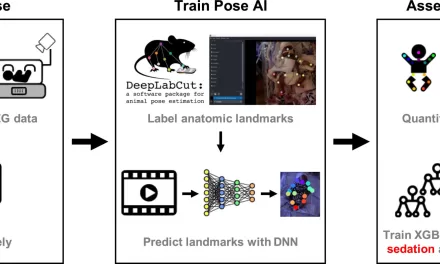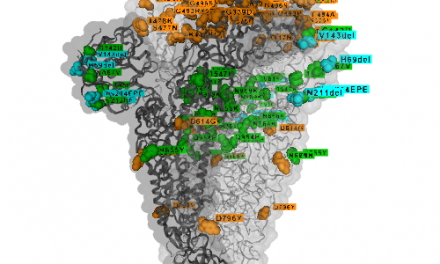
The World Health Organization (WHO) has recently advised a return to trivalent (three-strain) influenza vaccines for the southern hemisphere’s 2024 influenza season, which traditionally commences in April. This shift is anticipated to have a significant impact on the global influenza vaccine market in the upcoming seasons, as per a report.
This recommendation from WHO coincides with the ongoing influenza season in the northern hemisphere, where vaccination campaigns are in full swing. Notably, in the UK, the National Health Service (NHS) has achieved its quickest-ever rollout of influenza vaccines, with a record-breaking 10 million individuals already administered with quadrivalent (four-strain) vaccines such as AstraZeneca’s Fluenz Tetra and Viatris’ Influvac Tetra.
It is anticipated that the WHO will make similar trivalent composition recommendations for forthcoming influenza seasons in the northern hemisphere. Stephanie Kurdach, Infectious Disease Analyst at GlobalData, a data and analytics company, stated, “The earliest we can expect to see this changed recommendation would be February 2024, in preparation for the 2024-2025 northern hemisphere influenza season.”
The initial shift from trivalent to quadrivalent vaccines, which provide immunity against two strains of influenza A (H1N1 and H3N2) and two strains of influenza B, took place in the 2012-2013 northern hemisphere influenza season and the subsequent 2013 southern hemisphere influenza season.
However, a decade later, the WHO is advising the removal of the B/Yamagata lineage antigen from quadrivalent vaccines, aiming to exclude this component as soon as possible since no circulating B/Yamagata lineage viruses have been confirmed since March 2020.
Stephanie Kurdach mentioned, “Determining when vaccines will actually revert to trivalent formulations remains uncertain. This transition is a substantial undertaking for vaccine manufacturers, with estimated timelines ranging from 36 to 48 months.”
During a recent meeting held by the US Food and Drug Administration (FDA), concerns were raised about the proposed composition change, including regulatory and manufacturing challenges, as well as the potential resurgence of the B/Yamagata virus lineage.
Besides the challenges faced by the presently marketed influenza vaccines, the suggested composition change will also impact the development pipeline for seasonal influenza vaccines. GlobalData reports that the pipeline includes 153 products in active development, with 53 vaccines currently in Phases I-III. Out of these, only one is classified as a trivalent vaccine – The Institute of Vaccines and Medical Biologicals’ IVACFLU-S.
IVACFLU-S has been licensed in Vietnam since 2019 but is undergoing additional clinical testing to expand the approved patient populations.
Stephanie Kurdach emphasized, “There is still much uncertainty surrounding the exact course of action needed for vaccine manufacturers to transition and supply trivalent vaccines. Nonetheless, these updated recommendations provide plenty of opportunity for current and future market leaders to re-shape the global influenza vaccine market.”










